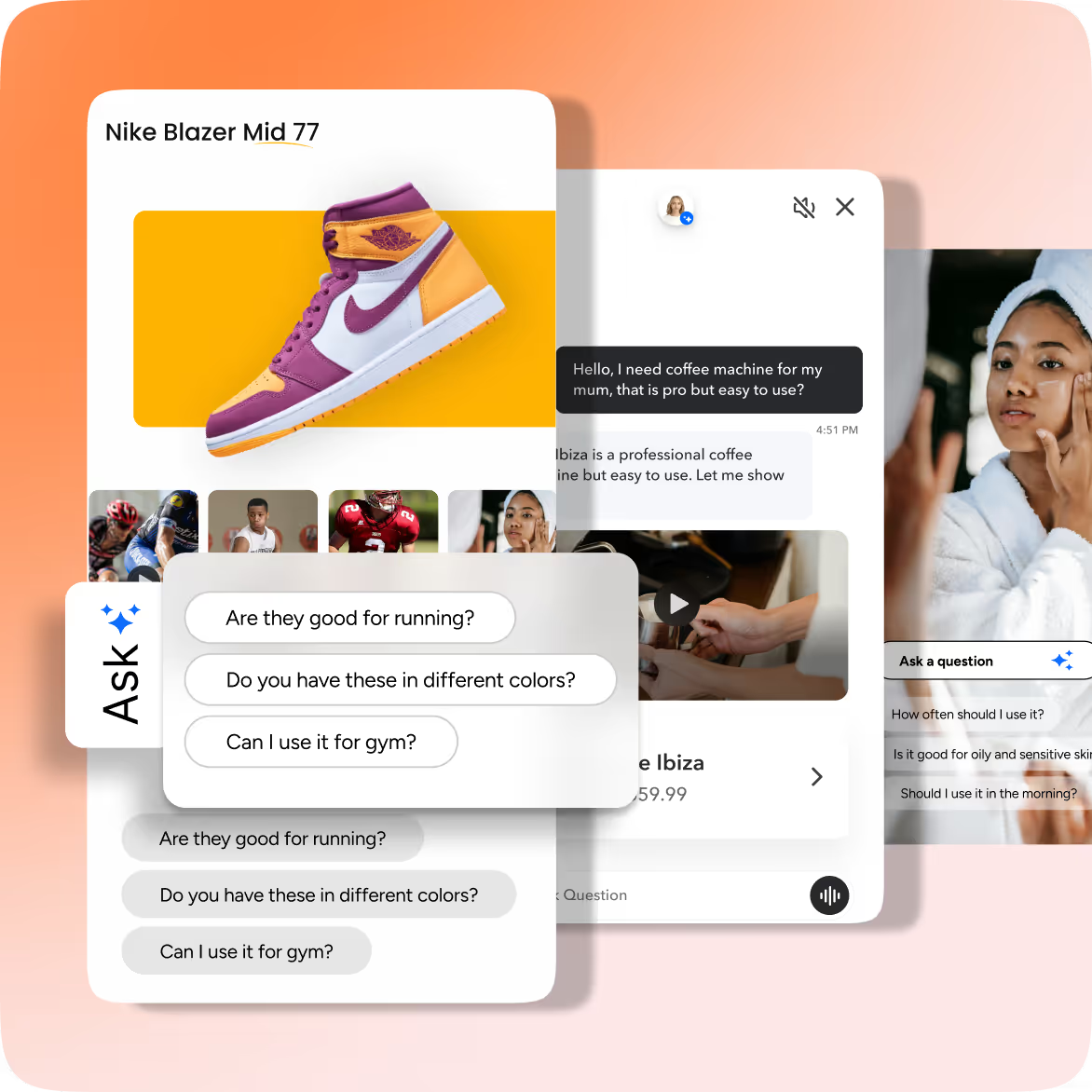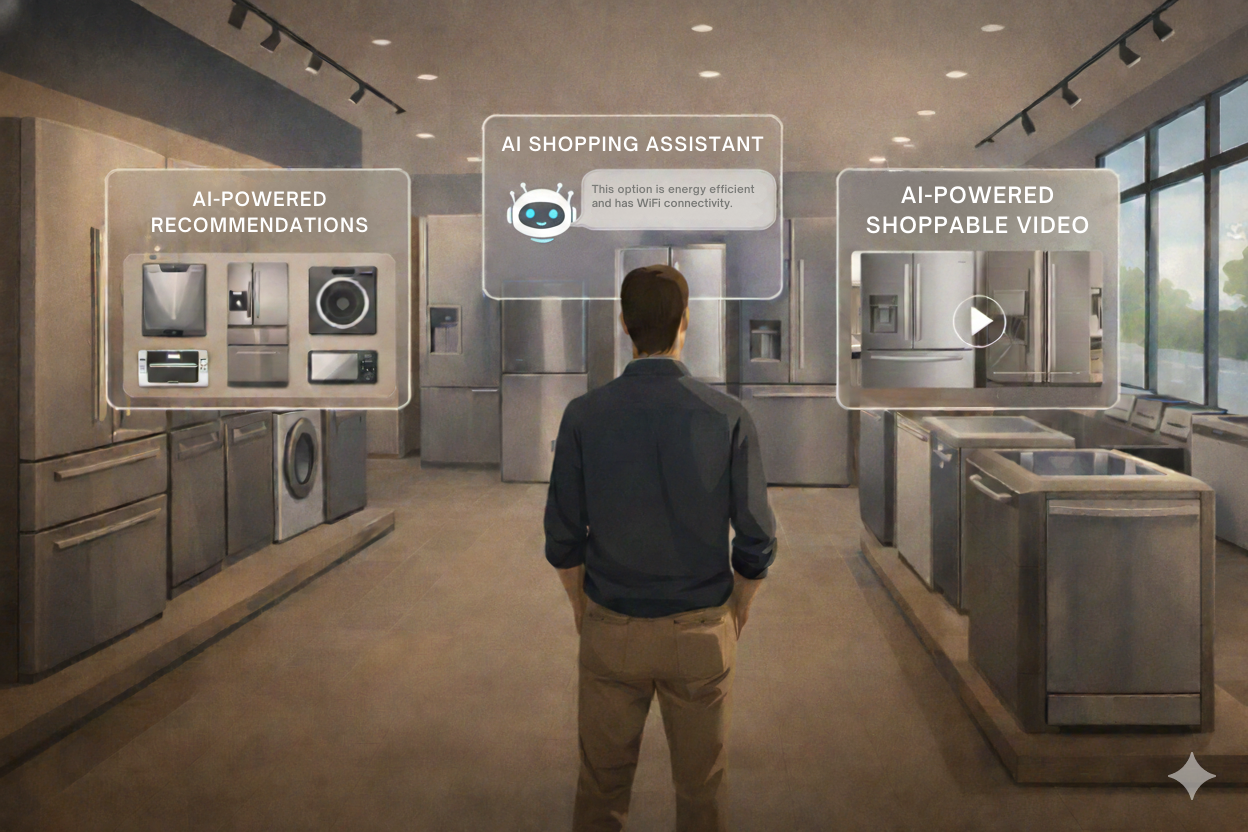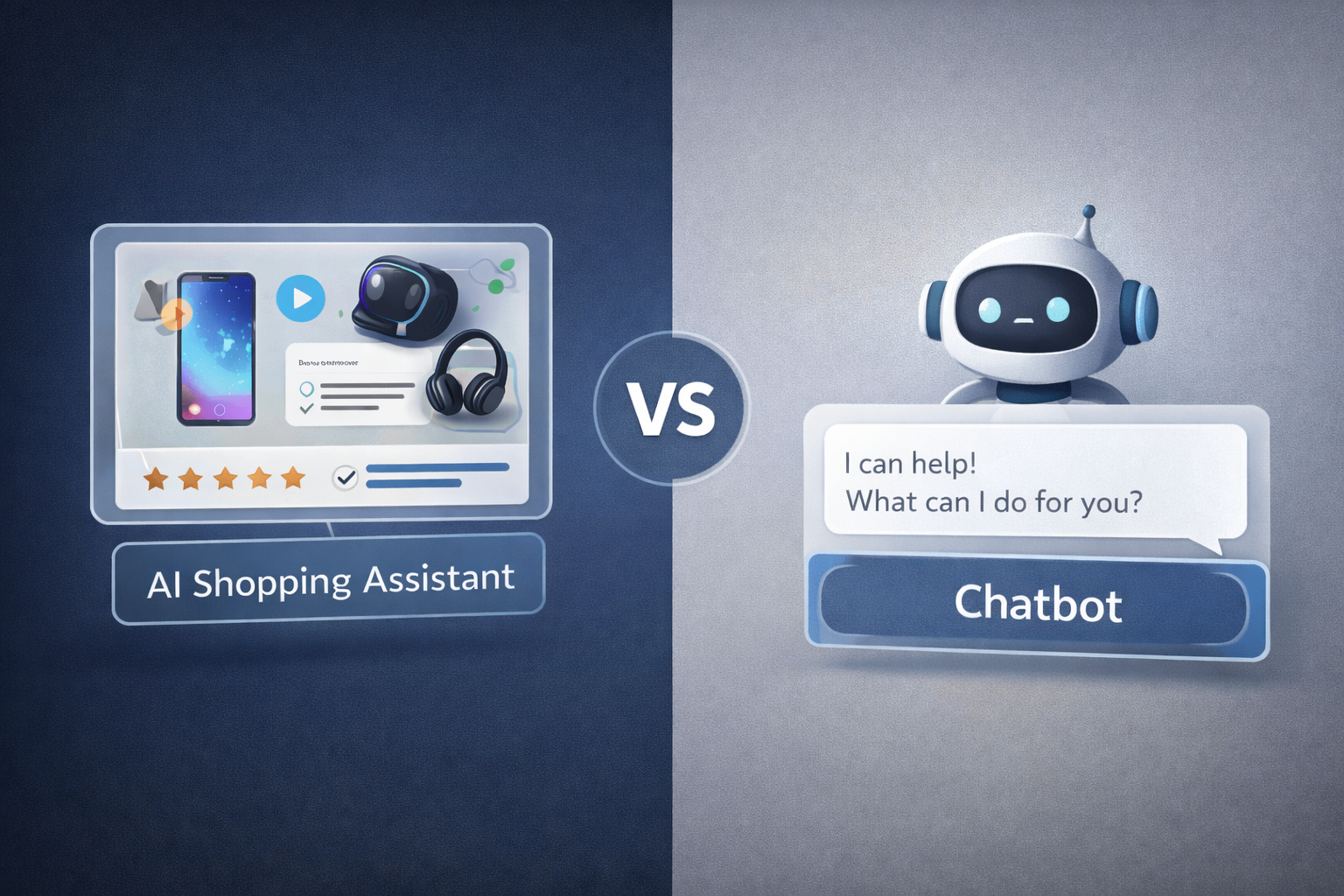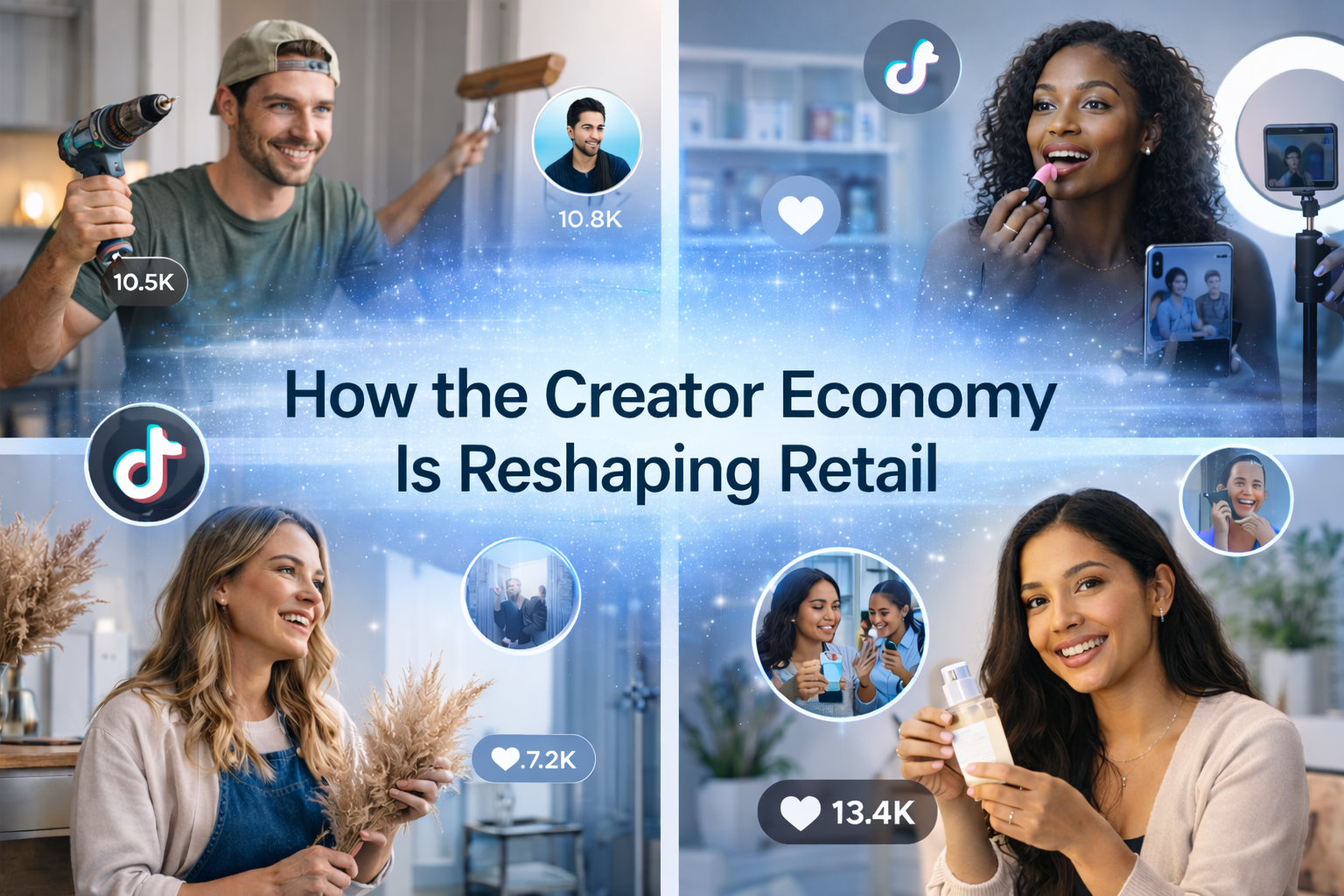Functional generative AI tools may be relatively new, but retailers are already looking for ways in which it can be integrated into their organizations.
Generative AI (generative artificial intelligence) has a lot to offer and at Firework, we think that the following five impacts that AI will have on the retail sector will be, by far, its biggest.
1. Improving the customer support experience with AI language model
With all the hype around generative AI, it can be easy to forget that OpenAI developed ChatGPT on large-language models in order to be a really good chatbot. And language model chatbots are only the beginning of how generative AI will revolutionize customer support as we know it.
Chatbots have been around for a while now, but anyone who has ever had to interact with one will tell you they are far from perfect. Consumers expect to be dealing with humans during customer support and anything less is disappointing.
Generative AI, like ChatGPT, is a game-changer that will transform the way retail and ecommerce websites offer customer support.
It's not the best news for the customer support industry, but the retail sector would be more than happy to gain a greater degree of control over the support experience its customers are offered.
2. Optimizing the supply chain via generative AI models
Pandemic lockdowns have exposed just how fragile the global supply chain can be. Even with the lockdowns gone, economies recovering, and things returning to normal, supply chain issues have persisted.
For an industry like retail, supply chain management is critical, and could greatly benefit from what new generative AI has to offer. Unlike traditional machine-learning models that merely present data in a helpful format, generative AI can actually churn out workable recommendations and solutions.
Generative AI analyzes relevant data, like demand, inventory levels, pricing, transportation, and storage, to generate strategies for inventory management and logistics.
This can help retailers massively in their quest to reduce costs while improving efficiency.
[mid_cta_with_form]
3. Turbocharging product recommendation
Personalization is the name of the game when it comes to winning over consumers. In an age where content influences purchasing decisions, personalization can often be the difference-maker for ecommerce sites.
Present recommendation algorithms are generally quite basic. They merely recommend products based on similarities – like style and color – or on the user's browsing and purchase history, if available. At a time when marketers are focused on harnessing first-party data, brands deserve a solution that won't underutilize the data collected.
Generative AI can potentially analyze all types of customer data – browsing history, purchase patterns, interactions, product and service preferences, and more – to generate personalized recommendations for individual customers.
At a time when building the perfect customer journey is of paramount importance, this degree of personalization goes a long way.
4. Boosting social commerce and content creation
As brands pivot towards prioritizing social commerce, it has become glaringly apparent that quality, immersive content is the key to any successful social commerce strategy.
However, producing high-quality content is often easier said than done. Most retail and ecommerce brands do not have the expertise or the equipment required to produce such content at scale. Platforms incorporating generative AI can offer a cost-effective way to create content that will help convert consumers.Moreover, the content can be created at scale, ensuring that the brand's social commerce strategy does not have to let up due to a shortage of content and creatives.
From product descriptions, social media copies, and blogs to images, videos (including text descriptions), and even newsletters, generative AI will eventually be able to do it all.
Retail brands are already looking at generative AI as a source of virtual influencers that will appeal to the Gen Z market. Working with actual human influencers can get pretty expensive; according to a RetailTouchPoints report, spending on influencer marketing within the US is expected to hit $4.6 billion in 2023. Generative AI can greatly reduce that cost for marketers.
In the long run, AI will be the go-to solution for not only automating content creation but also creating and optimizing marketing strategies.

5. Detecting and preventing fraud with generative AI tools
Adopting ecommerce has been beneficial to retail companies as well as their customers. However, it has not been without its pitfalls, with fraud emerging as a top concern.
According to the “State of Fraud 2023” report by Signifyd, the total cost of ecommerce fraud will reach $206.8 billion in 2023. This is despite growing efforts by retail and ecommerce brands to invest in counter-fraud technologies and platforms. In the future, generative AI could be a retail brand's best friend when it comes to preventing fraud.
Unlike traditional anti-fraud platforms, one powered by generative AI can analyze relevant data – user behavior, returns and refunds history, payment patterns, and more – simultaneously, at scale, to detect fraud.
Preventing fraudulent purchases and returns can greatly protect retailers' capital. Generative AI can also be used to identify counterfeit products, helping retailers with protecting their brand identity, reducing losses due to brand infringement, and shoring up customer trust.
The big opportunity for generative AI systems in retail
In a nutshell, generative AI tools can improve customer support, create high-quality content, drive personalization, optimize supply chains, and prevent fraud. It is no wonder then that the retail sector expects a very high ROI after incorporating it.
This is where tech vendors will need to step up. Building your own generative AI is extremely difficult, and even incorporating it can be a tedious and cumbersome process.
Tech vendors to retail businesses will have to ensure that they are the ones driving AI adoption for the sector.
The promise of generative AI is massive. However, a retailer's ability to leverage it quickly and effectively will make the difference between becoming an industry leader and falling behind the competition.
[request_your_custom_demo_cta][showfaqblog]
Unlock Exclusive Insights
By submitting this form, you agree to Firework's privacy policy and consent to receive personalized marketing communications. You can unsubscribe at any time.




























